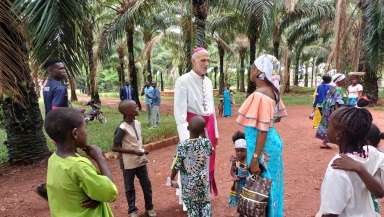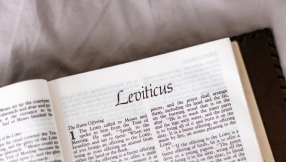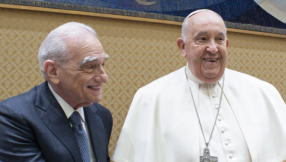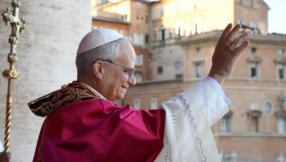
Religious tensions between Christians and Muslims in the Central African Republic (CAR) have started to defuse in the last decade, with a visit by Pope Francis in 2015 being praised as providing an unexpected moment of unity between the two faiths.
Speaking to Catholic charity Aid to the Church in Need, Aurelio Gazzera, coadjutor bishop of Bangassou Diocese, described relations between the two communities as “fairly good”.
The CAR has been in a state of civil war since December 2012. It has been presented by some as a religious conflict with Muslim rebels opposing a Christian government. Bishop Gazeera however disputed such a characterisation, saying the war is “above all an ethnic and political conflict, even if those involved belonged to different religions”.
The war has attracted outside involvement, with Rwanda, the UN and Russia all sending forces to aid the government. The CAR is one of many African countries where the Russian Wagner Group has been engaged in operations.
Despite the war, faith leaders from both traditions have attempted to defuse tensions via an inter-faith initiative.
Muslim Imam Layama, Catholic Cardinal Dieudonné Nzapalainga and evangelical leader Rev Nicolas Guerekoyame began the initiative after Islamic militias began targeting Christians and Animists, who in turn formed their own militia groups to do the same to the Muslims.
Bishop Gazzera noted cases where Christians had shown great personal courage to protect Muslim refugees.
“The Anti-Balaka [i.e. anti-Muslim] climbed over the gate of the Sisters’ school and seized the refugees who were accommodated there," he said.
“Thereupon, one of the Sisters, at the risk of her life, went to the leader of the militia and said to him: ‘You are a criminal! You have no right to enter a place where there are refugees. You must let them go.’ And he did.”
The bishop also noted that surprisingly, a visit by Pope Francis in 2015 had also helped reduced tensions.
Due to the ongoing conflict, the Pope was advised not to go to the CAR. The visit however went ahead, with a mass being held in the capital of Bangui.
Bishop Gazzera said of the event, “On the day of the Mass in the stadium, 30 November 2015, the entry of Imam Omar Kobine Lamaya, President of the Higher Islamic Council of the CAR, was enthusiastically celebrated by the faithful and was an unforgettable moment of brotherhood.
“This gesture, together with the Pope’s visit, promoted interreligious dialogue in a time of extreme tensions.”
The bishop added that he hoped for peace and said that the CAR has a huge amount of potential, if only its people can learn to work together.













